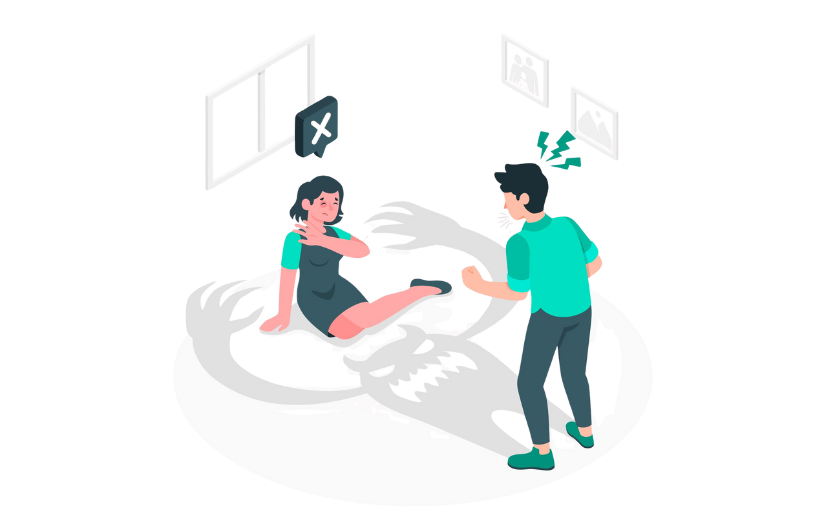Athma Mind Care Hospital offers structured emotional and behavioural care for individuals facing uncontrolled reactions, chronic irritability, or persistent anger issue patterns.
As a leading centre for anger issues treatment Chennai, we provide therapy, medical supervision, and long-term support to help individuals regain emotional balance and improve daily functioning.
We support children, teens, adults, and older adults dealing with aggression and emotional instability.

Anger becomes a concern when emotional responses are disproportionate or difficult to manage.
People struggling with anger and control often experience:
Our specialists identify the root causes and behavioural patterns behind aggression to create personalised treatment plans.
You should take professional support when you notice:
Early care prevents long-term behavioural and emotional complications.
Athma provides expert evaluation for individuals needing anger issues treatment in Chennai.
Our structured system involves:
Clinical Evaluation
Assessment of triggers, behaviour history, emotional responses, and severity levels.
Personalised Treatment Plan
Therapy schedules, behavioural goals, and family involvement strategies.
Therapy Sessions
Focus on emotional regulation, communication skills, and behavioural restructuring.
Medication Support (Only When Required)
Used for severe irritability or unstable mood patterns.
Rehabilitation and Follow-up
Ongoing monitoring to track progress and strengthen behavioural control.
Lifestyle Integration
Guidance on sleep, exercise, diet, and stress reduction.
Athma offers dedicated online therapy for individuals who prefer home-based support.
These sessions provide the same clinical quality as in-person care, making treatment accessible and consistent.
Online counselling focuses on:
Your therapist tracks progress, offers guidance in real-time, and develops actionable routines that help stabilise day-to-day reactions.
Online care is ideal for working professionals, students, and individuals who find it easier to receive treatment privately from home.
Therapy helps you understand emotional triggers and control behavioural reactions.
Athma offers structured anger management counselling Chennai, focusing on
Our therapists use evidence-based methods to help individuals achieve long-term stability.
Medical treatment is used only when anger is linked to severe mood dysregulation or behavioural instability.
Our psychiatrists monitor dosage, track progress, and ensure safe and effective recovery.
Medication is accompanied by therapy to maintain emotional control and behavioural consistency.
Our integrated program ensures balanced emotional recovery and lasting behavioural change.
Athma Mind Care Hospital is committed to helping individuals build emotional strength and stable behavioural patterns.
We provide personalised treatment, consistent therapy, and long-term guidance for steady improvement.
Our goal is to support each person in achieving emotional balance and healthier reactions.
Connect with Athma Mind Care Hospital for personalised anger and aggression treatment.
Ready to take the next step in your mental health journey? Scheduling an appointment with us is easy!
If you are in crisis or need immediate support, our 24/7 emergency counseling service is here for you. Our trained professionals are available around the clock to provide assistance, guidance, and support during difficult times.